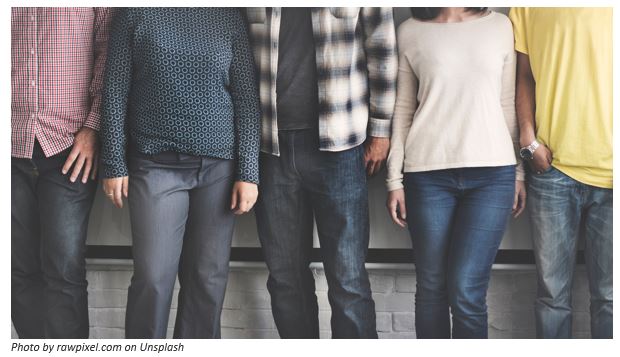Amy Bond, Assistant Librarian, and Information Specialist, Bord Bia – The Irish Food Board
At a recent event in Dublin, Richard Cope of Mintel presented the key trends they predict will shape European consumers’ lives in 2018. These trends seem to indicate that consumers are growing more worried about the world around them, and less trusting of the brands they engage with. The four trends are outlined below.
- Sea Change: These trends relate to the increasing importance being placed on protecting our maritime environment, and ties in with Bord Bia’s Responsible Living lifestyle trend. Action is being taking on this at governmental level in some cases, as has been seen with recent bans on the use of microbeads in certain markets, but consumers are also increasingly expecting brands to be proactive in reducing the impact of their production on the ocean. This can be through the use of ocean plastics in packaging, or schemes making it easier for consumers to recycle their plastic packaging.
- Shareholders: With a growth in reports of largescale hacks of company data, consumers are becoming increasingly protective of their information, and will become more and more unwilling to part with their data unless they believe there is a tangible benefit for them to do so. The new GDPR legislation will also impact how companies manage consumer information, as discussed in a recent Food Alert article. So brands need to be ready to adapt to both legislative requirements and consumer expectations.
- Teenaiders: The lives of teenagers today are almost unrecognisable from those of their parents. Economic and political uncertainty, along with the pressures of a life led largely online have created a generation plagued by anxieties around image, health, and employment. Brands who can help teenagers cope with these stresses, or who try to create a more healthy social environment, will hold great appeal for this important demographic.
- Accountants: Consumer trust has been eroded of late through the rise of ‘fake news’, and the questioning of the claims made by brands. Brands that can substantiate the authenticity of their products have the opportunity to come to the fore within this environment. As discussed in Bord Bia’s Keeping it Real trend, consumers increasingly want to feel that their food is real food, made from real ingredients and coming from real people.
While these trends demonstrate that consumers are becoming more demanding of brands, and holding them accountable in terms of their impact on the environment, their use of data, their impact on people lives, and scrutinising any claims they make, it is also clear that there are clear opportunities for the Irish food and drink industry. Origin Green and the Bord Bia Quality Assurance Schemes can offer consumers some of the reassurance they desire from brands, and steps can be taken to alleviate other concerns.
Mintel’s full report can be downloaded through this link.




